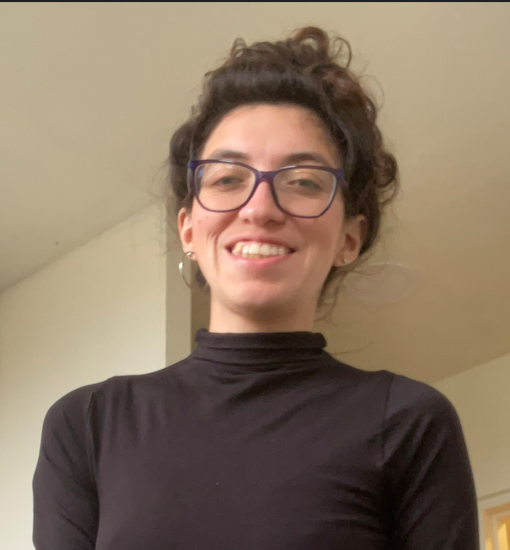Capoeira ¿verdadero o falso?
En este nuevo ejercicio, vamos a practicar la comprensión de lectura con preguntas de verdadero y falso.
Vamos a leer una parte de un texto escrito por la periodista Tania Regina Pintos en el año 2020, y traducido y adaptado por TOWSpanish.
Recomendación para la lectura:
- Leer una vez en silencio (para entender).
- Leer una vez en voz alta (para practicar pronunciación).
- Escribe en tu cuaderno palabras de vocabulario.
¿Necesitas ayuda o quieres decir algo? Escríbenos.

CAPOEIRA, UN MOVIMIENTO DE RESISTENCIA DE FUERZA ANCESTRAL
Así como en las escuelas de samba y en los terreiros, en la capoeira también existe una permanente invasión de “blanqueamiento” . No por una actitud antirracista, sino por apropiación indebida, y así, todo lo que es negro solo es legítimo, legal y culturalmente aceptado cuando ya no es nuestro y ya no tiene el contexto de nuestra historia, al punto de ser renegado por nosotros mismos.
Escribir sobre esta lucha no es tarea fácil. La capoeira hoy es un “deporte nacional”, un recurso pedagógico ¡fitness! Y así, la historia pierde la ancestralidad que fortalece y desarrolla nuestro poder, y es despreciada con la interferencia, la máscara, del colonizador, y se transforma en pasión para quienes buscan control emocional y paz.
Es importante para nosotros, pueblo negro, conocer y reconocer la ancestralidad de esta lucha por libertad. Entenderla como un movimiento de resistencia negra durante uno de los períodos más truculentos de la historia.
En la raíz
Sin armas, es con los golpes y los movimientos de defensa de la capoeira que los esclavizados resisten la violencia de los señores, capitanes y jefes. Con los golpes y movimientos de defensa de su cuerpo, los negros buscan la libertad, la reconexión con el propio yo y con los antepasados.
Muchos africanos esclavizados no podían comunicarse y con el tiempo ellos se unen usando un idioma común, uniendo sus tradiciones, religiones, danzas y luchas. Personas completamente ultrajadas se apoderan de su propia vida.
La primera cosa es reconocer los orígenes propios, la propia historia y sentir el ritmo de la vida dentro de sí. La capoeira entonces es una oportunidad especial para ordenar valores y símbolos internos, basados en dos puntos comunes: ser esclavizado y ser negro africano.
Como parte de la formación de identidad nacional sumergida en África, la capoeira une el continente preso en este país, y da forma a la samba, al fútbol, a la lucha, a los deportes y a la cultura nacional. Influenció la legislación haciendo crecer la población carcelaria y, hasta hoy, ayuda en la defensa y ataque, a favor y en contra de la vida, dependiendo del punto de vista y del color de quien ejecuta y de quien reacciona.
Ejercicio de comprensión
Responde las preguntas de verdadero o falso










